We live in a world where our financial stability can suddenly take a hit, especially in times of crisis. These unexpected events can shake our finances and livelihood, whether it’s losing a job out of the blue, facing a natural disaster, or dealing with a global pandemic. Preparing and making wise money moves before the storm is the key to getting through these challenging times. We’ll look at some of the critical steps you can take now to safeguard your finances and shield yourself from future crises. So, let’s dive in together and start planning for a more financially secure future!
1. Assess Your Finances

Preparing for a financial crisis begins with thoroughly evaluating your current financial status. Assess your earnings, expenditures, savings, and debts to gain precise insight into your monthly inflow and outflow of funds.
2. Make a Budget

Once you clearly understand where your money is going, it’s time to create a budget. Identify areas where you can cut back on unnecessary expenses. A budget will help you stay on track with your spending and ensure that you have enough savings to weather any unexpected financial storms.
3. Build an Emergency Fund

The pandemic highlighted the importance of having an emergency fund. Financial pros recommend saving up 3-6 months’ worth of expenses to help in tough times like job loss or unexpected medical bills. Start by setting aside some monthly cash and gradually increasing it until you reach your emergency fund target.
4. Be Thrifty

A great way to save cash is to be thrifty, like trimming costs and being mindful of how you spend. Some tips for being thrifty include shopping for deals, buying in bulk, using coupons, and avoiding unnecessary purchases.
5. Get Rid of High-Interest Credit Card Debt
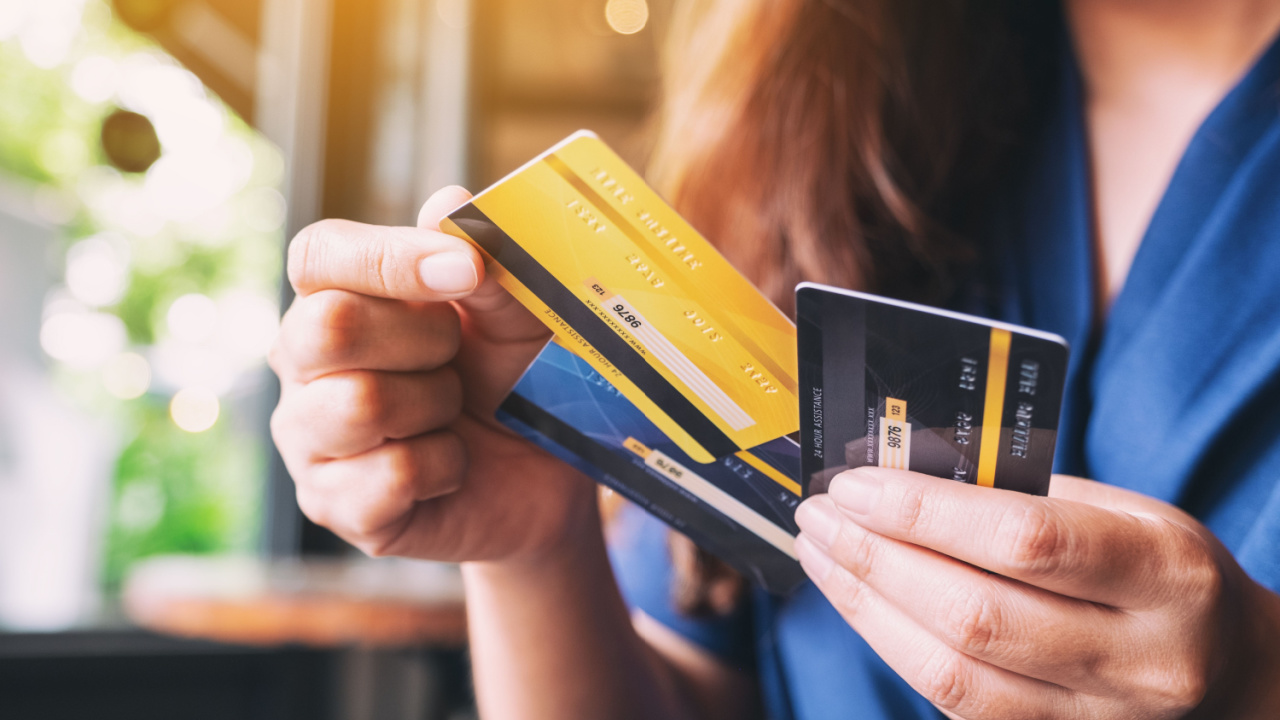
High-interest credit card debt can significantly drain your finances, especially if you are trying to prepare for a crisis. Consider consolidating your credit card debt into one lower-interest loan or transferring the balance to a new card with 0% interest for an introductory period.
6. Keep Cash On Hand

Cash on hand for emergencies is super important, especially when you can’t access your bank. To stay ready, consider taking out a set amount each week and keeping it safe at home. Opt for smaller bills for easier transactions, eliminating the need to break larger ones.
7. Review Your Insurance Policies

Health, homeowners, or car insurance is crucial to being financially prepared for a crisis. Review your policies regularly to ensure you have adequate disaster coverage and are not overpaying for unnecessary add-ons.
8. Mix Investments

Mixing investments means not putting all your eggs in one basket and spreading your investments across different assets such as stocks, bonds, and real estate. By diversifying your investments, you reduce the risk of losing everything in case of a major financial crisis and allow for potential gains in some areas to offset losses in others.
9. Know Your Bank’s Emergency Policies

In the event of a financial crisis, it’s essential to know your bank’s emergency policies. Some banks may have restrictions on withdrawals or transfers during times of crisis, so it’s crucial to understand these policies beforehand and plan accordingly.
10. Pay Off Debt

An essential measure in preparing for a crisis involves promptly settling any existing debts. Quickly paying off debts helps lighten your financial load and gives you more flexibility during tough times.
11. Know Your Company’s Disaster Plan

If you’re currently employed, take the time to understand your company’s disaster plan. Find out if any measures are in place to ensure employee job security during a financial crisis.
12. Create a Family Plan

Having a backup plan for your family during emergencies is crucial. Ensure everyone can access bank accounts and financial information and that all family members are informed about the plan.
13. Start a Side Hustle

Consider starting a side hustle or finding additional sources of income to supplement your main job and add the extra funds to your emergency savings. Think of skills or hobbies you enjoy that you could turn into a profitable side gig.
14. Increase Investments

If you have investments, consider increasing them to diversify your income and provide a safety net in a crisis. This could include stocks, real estate, or other investments that have the potential to generate passive income.
15. Set Up Auto Transfers
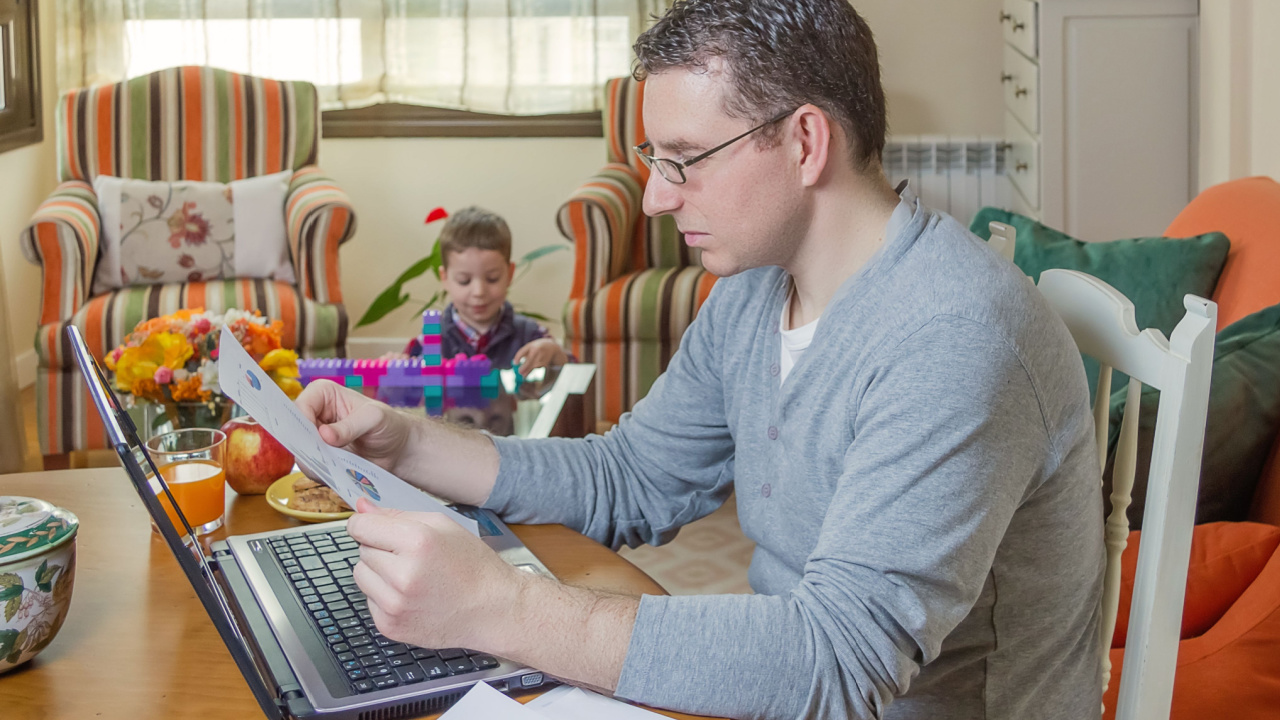
Setting up automatic transfers from your checking account to a dedicated savings or emergency fund creates a financial safety net for covering monthly expenses during crises. Auto transfers not only help with budgeting but also encourage a routine of saving each month.
16. Buy Items to Barter With
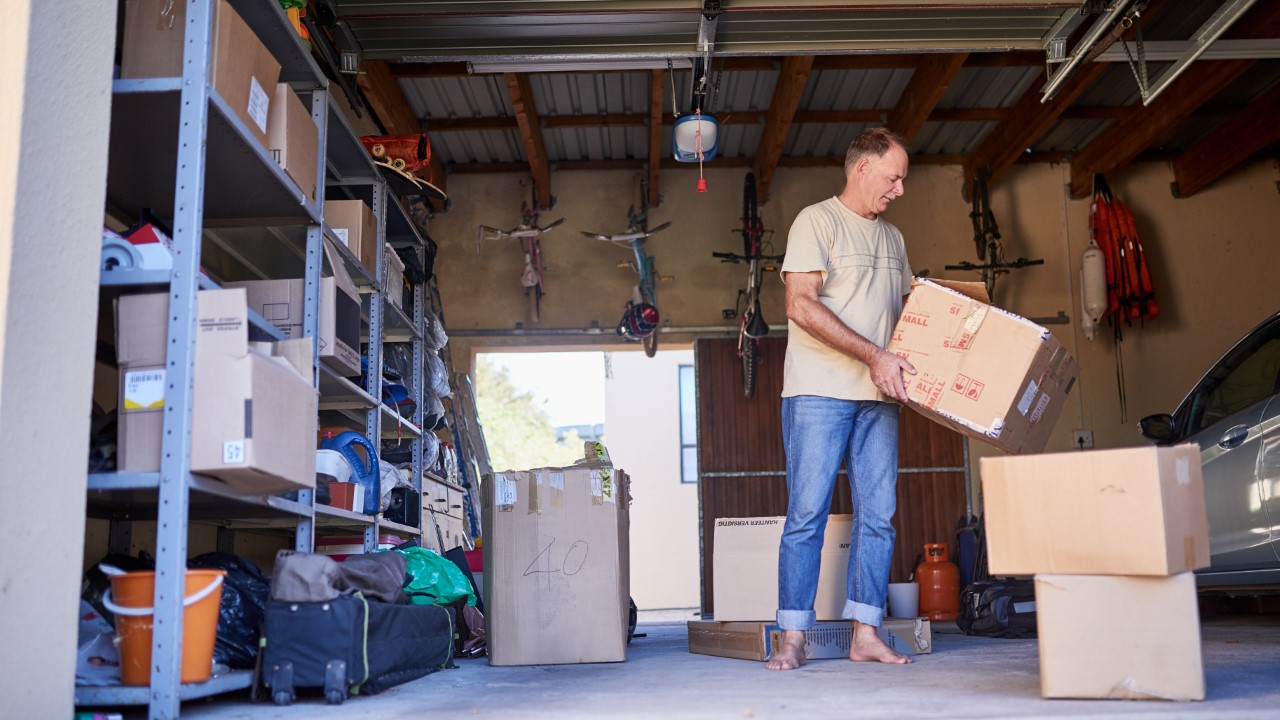
In a crisis or emergency, bartering can effectively obtain necessary goods and services without using cash. Consider buying items you can easily trade, such as extra non-perishable food items, household supplies, or precious metals like gold or silver.
17. Improve Your Credit Score
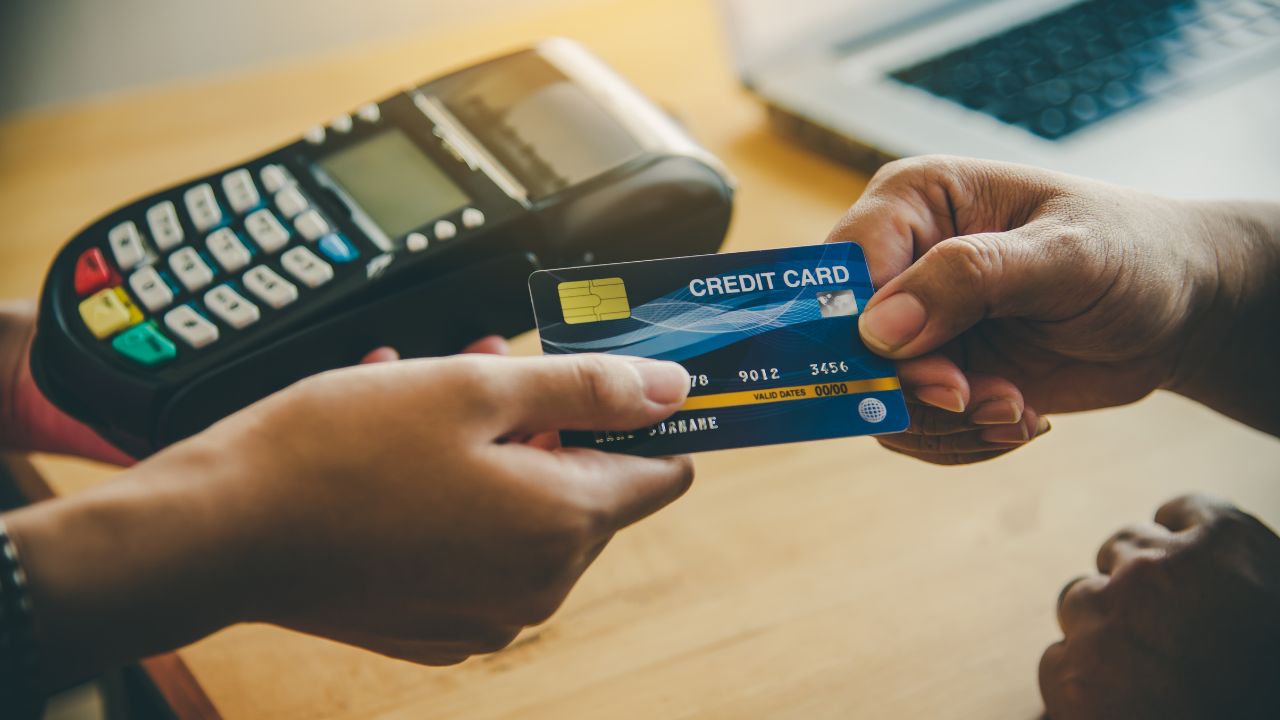
A strong credit score enhances your chances of loan and credit card approvals and reduces interest rates. A solid credit score can facilitate access to funds or loans at more favorable interest rates during emergencies.
18. Buy Essential Items Now

Consider stocking up on items like toiletries, cleaning supplies, and non-perishable food to avoid paying higher prices in a crisis. Stocking up now will save you money in the long run and ensure you have essential items on hand if they become scarce or expensive.
19. Obtain a Credit Card That Offers Rewards
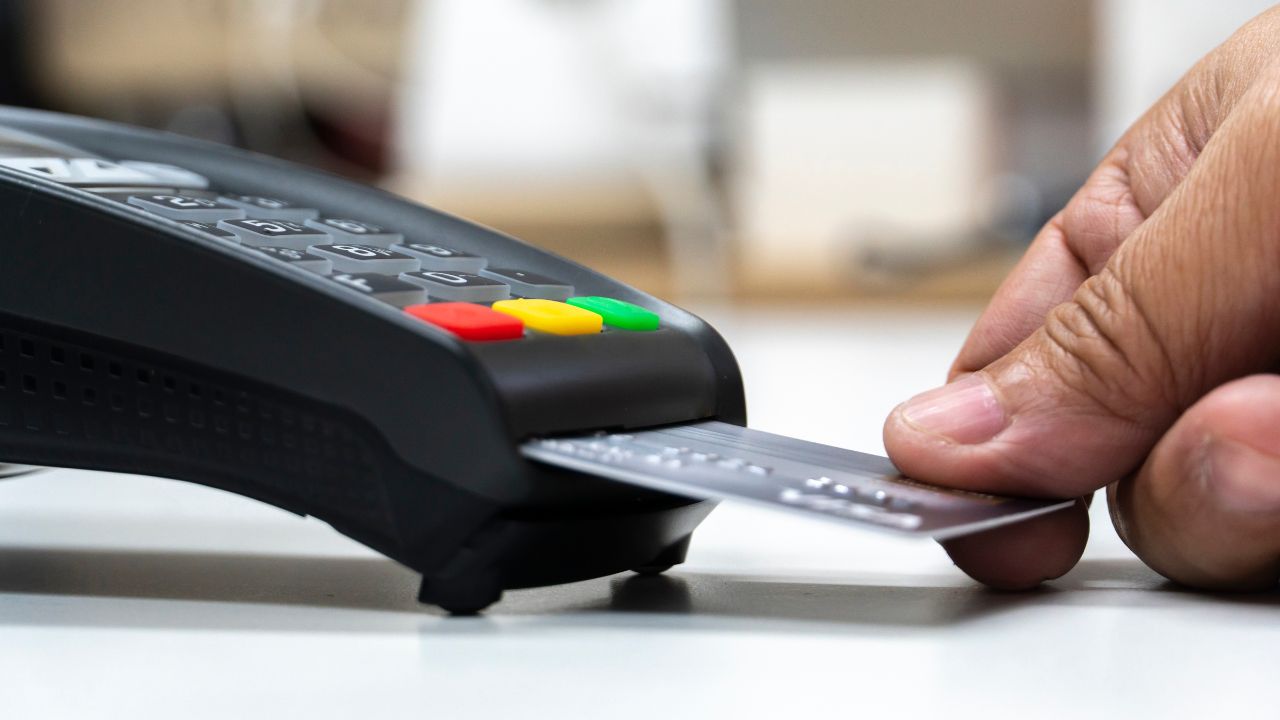
Some credit card companies offer rewards or cash back for purchases made after a natural disaster. Consider applying for one of these cards and using it to make essential purchases during and after a crisis. This can help you save money on necessary expenses while earning some rewards or cash back.
20. Organize Financial Documents
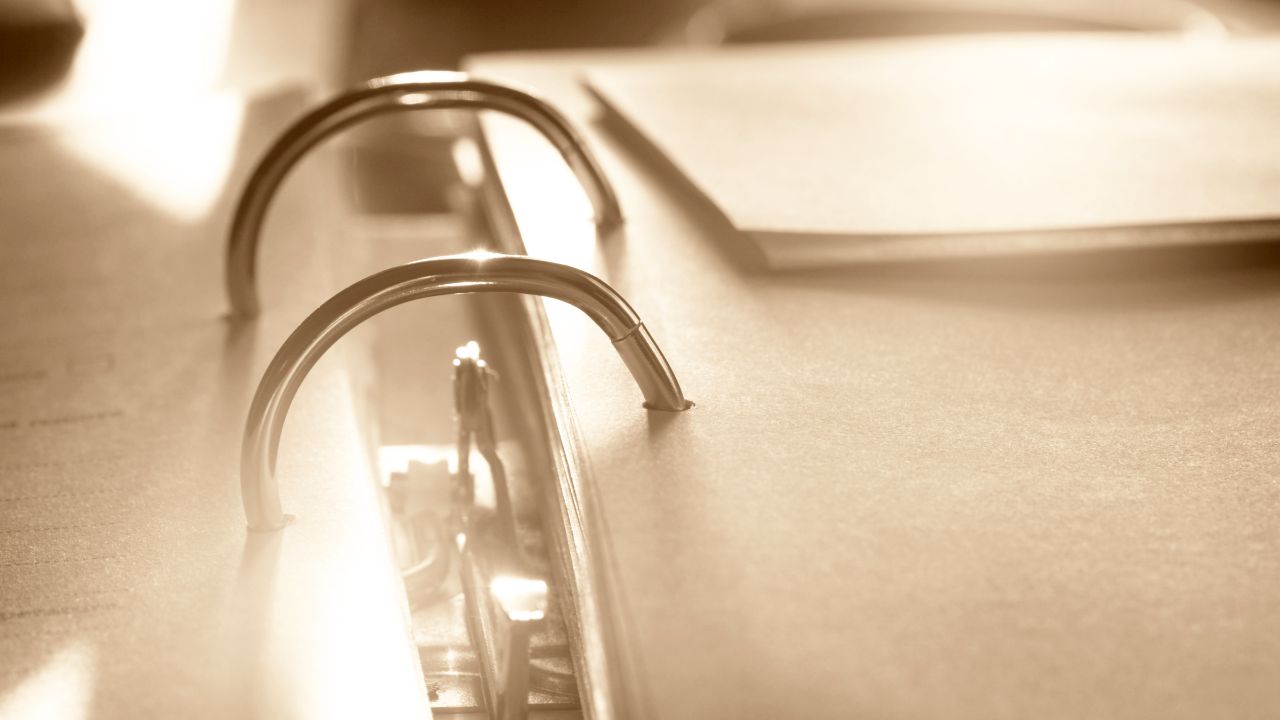
In the event of a disaster, it’s crucial to have all your important documents in one place and easily accessible. Documents to safeguard include insurance policies, identification documents, and financial records. Having these documents readily available will save you time and stress in the aftermath of a disaster.
21. Keep Liquid Assets

Consider setting up a money market account for emergencies or other unexpected expenses. This will ensure that you can earn interest on your savings while having quick and easy access to your funds. Having a financial safety net during and after a crisis is important. Having readily available liquid assets can provide much-needed relief.
22. Consult a Financial Professional

Consider consulting with a financial advisor to provide valuable insight and advice on protecting your assets and finances in a catastrophe. Remember, it’s always better to be safe than sorry when protecting your hard-earned money.
23. Appoint A Financial Power Of Attorney

No one likes to think about the worst-case scenario, but preparing for any situation, such as a pandemic, natural disaster, or unexpected health crisis, is important. Having a designated financial power of attorney can give you peace of mind and protect your assets in difficult times.
24. Invest In Metals

Natural disasters can significantly affect the economy by influencing currency values and stock markets. To safeguard your assets from these impacts, consider investing in metals like gold or silver, known for retaining value during economic uncertainty.
14 Pieces of Outdated Money Advice That Can Derail Your FIRE Plan
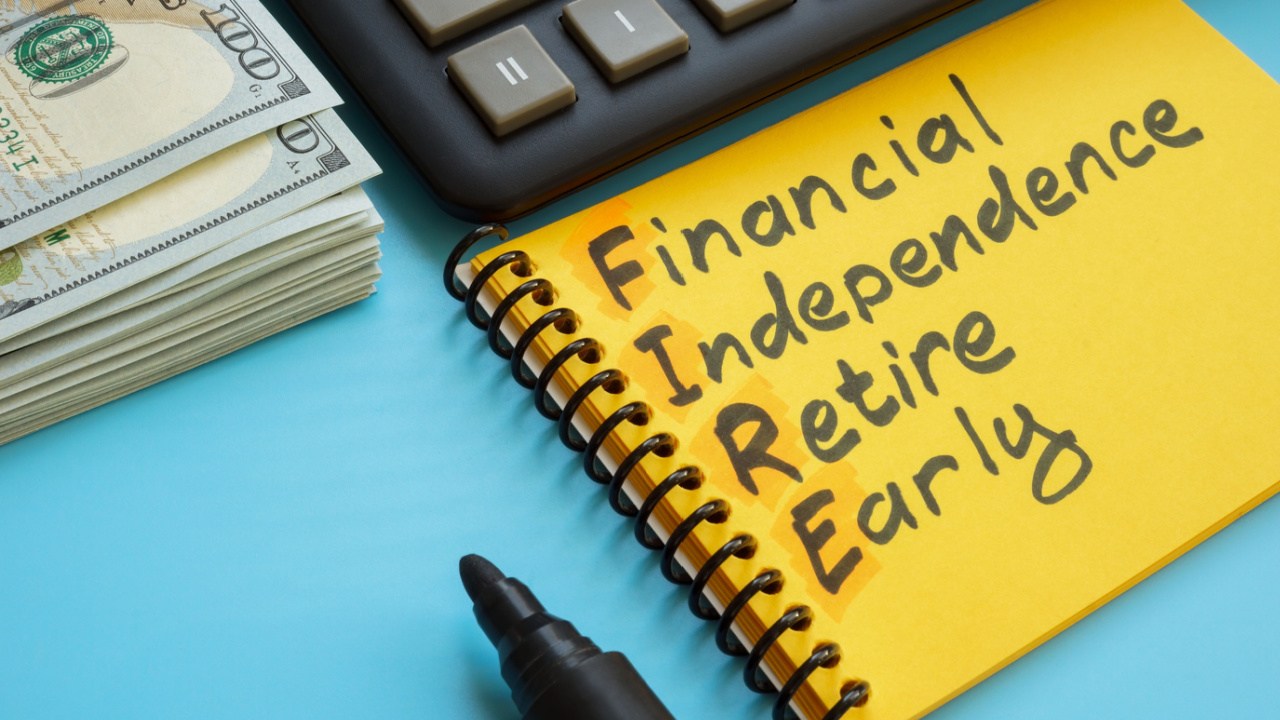
FIRE – Financial Independence, Retire Early. That’s the dream, right? Quit the rat race and live life on our own terms. It’s totally doable. Plenty of people join the FIRE movement and manage to retire pretty quickly. And there’s a LOT of advice out there on how to do it. Sadly, much of the advice is outdated or just plain bad.
12 Money Mistakes That Can Leave You Vulnerable in a Crisis
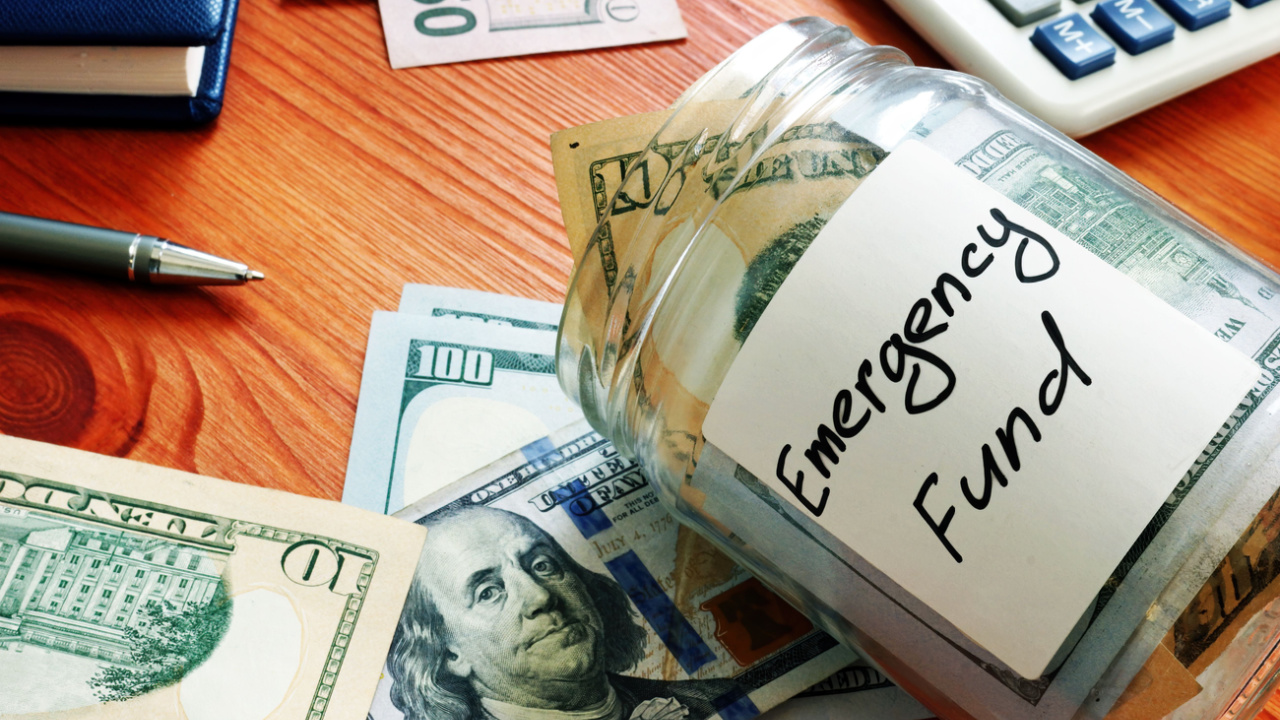
In times of uncertainty, financial stability is more crucial than ever. While prepping for physical emergencies is vital, don’t overlook financial prepping. Avoiding these common money mistakes can help make sure you’re in a stronger position to weather any storm.
25 Winter Foraging Foods to Save Money on Your Grocery Bill

With food prices going up by 15% from October 2021 to October 2023, finding ways to cut down your grocery bills is more important than ever. Winter foraging is an awesome way to add to your pantry for free. Yes, you get free food in the form of wild edibles, but it’s also fun for the whole family, gets you moving, and reconnects you with nature.
Even though foraging in winter seems hard compared to the bounty of late summer, there’s still plenty out there if you know where to look. Plus, if things do go south, you need to know how to get wild foods to survive when there are no old-world supplies to access.
